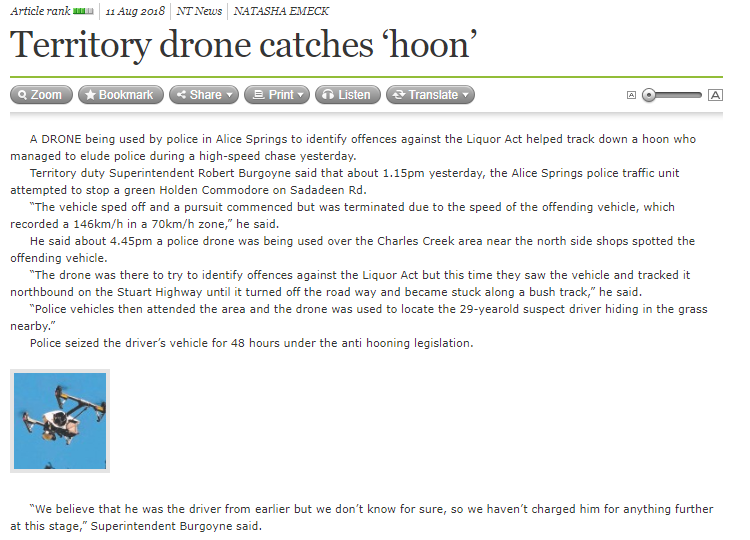A crash landing is possibly not illegal operation.
Is it just an unexpected operation, anticipated in the description of the UAV conditions of use?
It might be interpreted that in an emergency any flying vehicle has an entitlement to land or crash where ever is convenient, and hopefully safe to do so?
Rather than try to provide a definitive answer, is the concern that the regulations and laws have yet to catch up with all aspects and possible consequences of UAV operation?
Google and other tech start ups seem to demonstrate that an absence of regulation is fundamental to their success. Digital privacy and data security concerns followed rather than preceded their rise to dominance.
Drones may be at the same cross roads. Establish operational patterns in an unregulated environment. Develop customer dependence on the technology. Would any government risk regulation to remove the accrued benefits or challenge the business models success after the fact?
Experience may support that regulation needs to come first and grant permissions based on community assessments of potential for impact? Political incompetence suggests it is a lesson not yet learnt?



